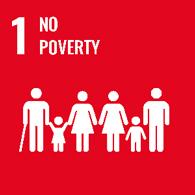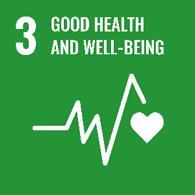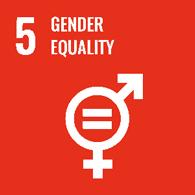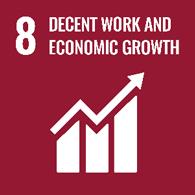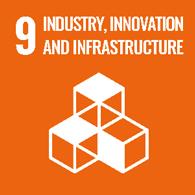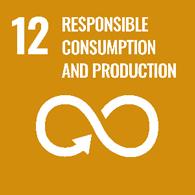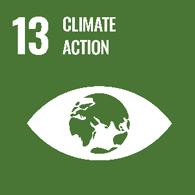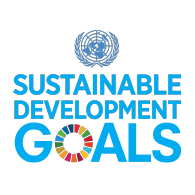UN Goal 4 - Quailty education
Breadcrumb
Child page UN Goal 4
Introduction UN Goals
In 2015, under the aegis of the United Nations, the international community adopted Agenda 2030. It lays out 17 global goals together with the call to implement measures to achieve those goals. In particular, the Sustainable Development Goals No Poverty, Health and Well-being, Quality Education, Gender Equality, Decent Work and Economic Growth, Industry, Innovation and Infrastructure, Resonsible Consumption and Production, Climate Action and Peace, Justice and Strong Institutions are of great importance to Messer. Both global and local projects and activities, as well as initiatives supported by Messer, contribute to various sustainability goals. The individual projects contribute to long-term improvement and can be viewed here:
Accordion UN Goal 4
Education, advanced training, know-how transfer
Messer is committed to the education and training of talented young professionals, who represent an important investment in the competitiveness and capability of our company. Some of that training takes place at various locations, supplemented by multi-week assignments abroad. As in the previous year, the training quota at Messer in 2021 was 1.3 percent.
Open dialog and in-house transmission of expertise are important to us. That’s why we promote the establishment and maintenance of cross-regional and intercultural networks. In 2021, most network meetings were held virtually. We use this to win over even more networking participants and to network our workforce on the professional level to an even greater extent. In all, employees participated 20,509 times – in most cases virtually – in site conferences or network meetings designed for strategic integration or know-how transfer. By contrast, that figure was 15,559 in 2020.
Selected network meetings of specialized groups
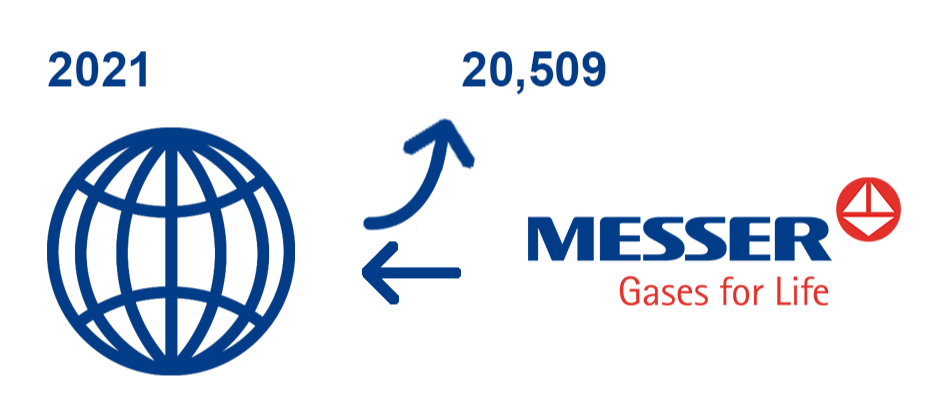
Messer reinforced digital networking activities in connection with the in-house Global Finance Conference. Along with existing channels, this communications concept relied on two new digital formats: The “Quarterly Touchbase,” in which reporting topics were discussed, and the “Finance Forum” for a topic-based exchange on innovations and best practices in the finance area.
For all regions, Corporate Application Technology held virtual meetings in the Food, Welding and Cutting, and High-Temperature Processes segments, as well as the annual Applications Manager Meeting.
The Global Workshop Specialty Gases was also held in four separate events, with participants from Europe, China, ASEAN as well as – for the first time – North and South America. It focused on exchanging information among the regions along with developing synergies and cooperation.
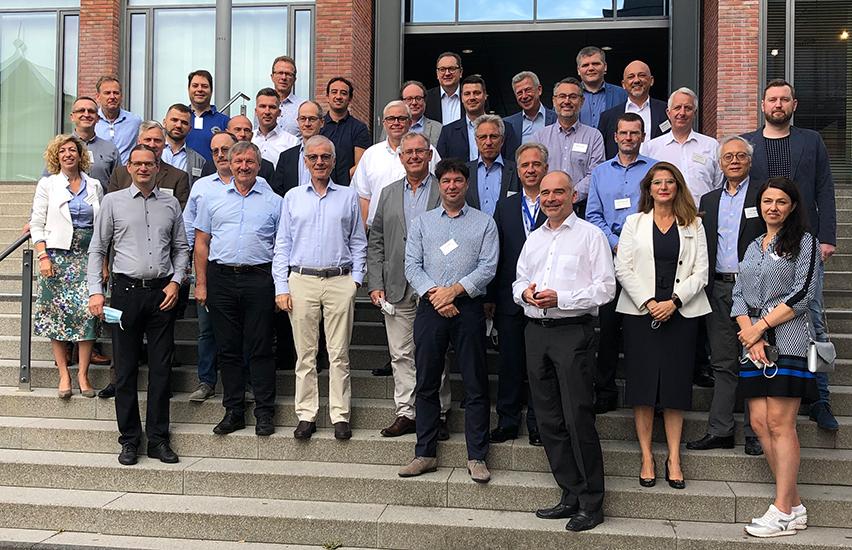
In September 2021, Messer held the Global Sales Meeting as a hybrid conference: While a large share of the European team traveled to Bad Soden to participate in person, the remaining employees of the international sales network and invited guests accessed the event virtually. Topics covered sales digitalization measures, business growth in the “clean hydrogen” segment, and the launch of a new system for Customer Relationship Management (CRM).
In 2021, Corporate Logistics organized three virtual meetings of the management teams in charge of logistics in the national subsidiaries. These meetings focused on current developments and mutual exchange, with the goal of further raising the productivity of logistics processes. Through the continuous optimization of supply chain management, Corporate Logistics is making a key contribution to greater efficiency and profitability.
Qualification offensive
We made good use of the time during the lockdown to qualify employees. Our “Messer Innovation Forum” advanced training platform for application engineering is designed for our customers, sales representatives, sales managers, application specialists and technicians. One of the aims of the forum is to transfer know-how from the individual divisions and departments to the national entities and subsidiaries. In the first half of 2020, our application specialists conducted a total of 100 webinars, for which 1,920 colleagues in Europe, Asia and the Americas registered. The software and the presentations were also made available to our teams in France, enabling them to train some 400 additional participants at the national level.
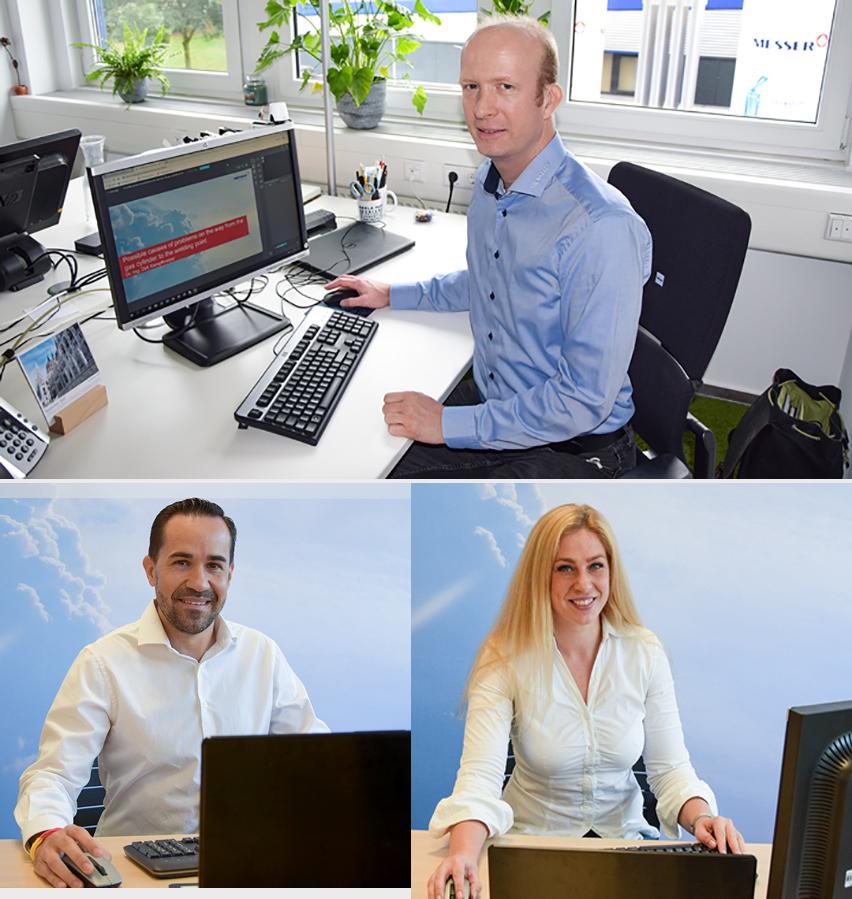
Spain: Virtual guidance and Messer Award for students
In May 2020, we organized a virtual visit of our production site in El Morell, Spain, for more than 60 chemical engineering students and teachers at Rovira i Virgili University (URV) in Tarragona. Videos presented the separate process steps and equipment of the plant and audiovisual materials were used to provide commentary. Due to the existing restrictions, we also presented the Messer Award to URV students in a virtual ceremony. The undergraduate students defended their projects online before a jury comprised of professors and Messer employees. Representatives of the university, the Chemical Business Association of Tarragona, and Messer participated in another virtual event during which the prize for the best project was awarded.
Hungary: Experience instruction for the blind
As part of an initiative launched by the “Institute for the Blinds,” our Messer team in Hungary participated in an interesting project: With the support of two physics teachers, interactive classes were provided for blind people. Experiments and demonstrations involving the properties of our “Gases for Life” were presented in a way that they could be felt or heard. The sense of taste was also stimulated – by ice cream previously frozen with liquid nitrogen. Some of our employees volunteered to assist in the project.
Serbia: Making learning fun
Messer in Serbia supported the “Battle for knowledge” program, with the goal of supporting developmentally disabled children. This took place at special education schools with, among other things, “Bee Bots,” which look something like bees. These small, easy to use “learning robots” were procured to make the transmittal of instructional matter more fun. They help to promote equality of opportunity for these children in national and European school competitions as well as in society in general.
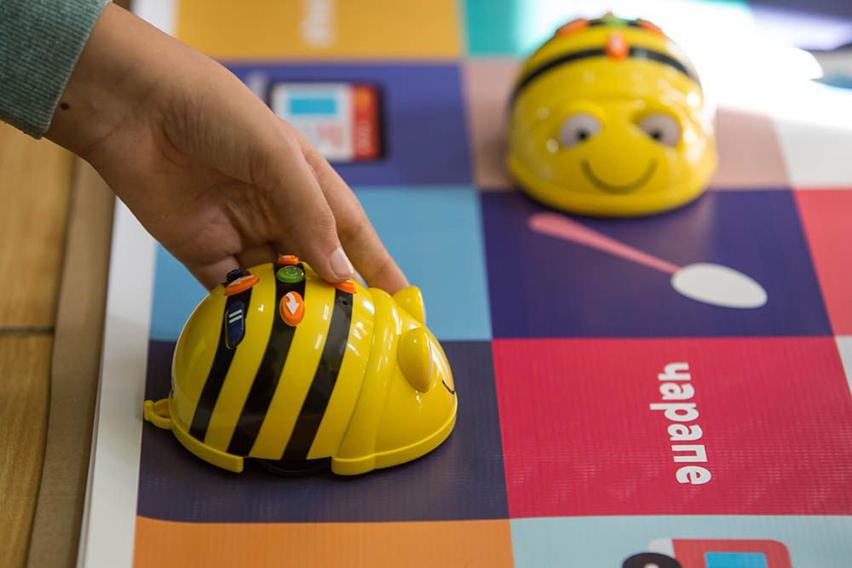
Dr. Hans Messer Foundation
The purpose of any foundation should be to support projects and ideas that are given no or insufficient consideration within the framework of basic state provision. The Dr. Hans Messer Foundation also pursues this idea by supporting and recognizing scientists who gain prominence through special or outstanding achievements, by awarding scholarships and prizes, and by supporting scientific and educational establishments.
The Dr. Hans Messer Foundation’s activities encompass support and funding as well as operational aspects. It operates as a charitable foundation with legal capacity established under private law, making a varied and ongoing contribution to the promotion of science and research as well as school and vocational education. This work is becoming increasingly important in this day and age as the state is often unable to provide sufficient funding. In this way, thirst for education, innovation, scientific curiosity and pioneering spirit are rewarded.
The purpose of the Dr. Hans Messer Foundation is to be a driving force for education and science. According to its charter, the Dr. Hans Messer Foundation supports science and research, public and vocational education, and the provision of help to students. In all, more than 20 million euros have been spent for foundation purposes to date.
The Board of the Dr. Hans Messer Foundation determines the focus of the foundation’s work with the aim of defining a specific direction. The focal areas can change, however, or apply for only a certain period of time. The foundation currently focuses on science and research grants primarily in STEM fields, i.e. science, technology, engineering and mathematics. The field of medicine also receives regular funding. The Dr. Hans Messer Foundation awards a number of different scholarships to students, undergraduates, doctoral candidates and professionals. In addition, special scholarship programs are also set up.
Foundation prizes of the Dr. Hans Messer Foundation
To provide specifically targeted support to young scientists and their research, the Dr. Hans Messer Foundation continuously awards foundation prizes. The Foundation Prize 2021, for example, was given to the Technical University of Darmstadt for the promotion of outstanding achievements in the areas of natural science and engineering as well as economics, social sciences and the humanities. At 50,000 euros, it carries the highest endowment of any award for young scientists at the Technical University of Darmstadt. The prize is intended to fund material and personnel resources for research projects.
Recipients of the award were Dr. Meike Saul (Technical University of Darmstadt, Faculty of Biology) for her research work "Exosomal microRNA-574-5p: Small molecule with a large impact on inflammations and cancers" and Prof. Dr. Vera Krewald (Technical University of Darmstadt, Faculty of Chemistry) for her research work "Light-driven nitrogen fission: At the right wavelength and with the right impetus".
A cross-disciplinary awards committee with representation from the foundation and the university board determines the prize recipients.
Messer Innovation Forum
The Messer Innovation Forum’s webinars have established it as a platform for application engineering-related advanced training. A total of 159 webinars were conducted in 2021, reaching 870 external and 940 internal participants. As in the previous year, topics covered the full range of application areas, including food, metallurgy, welding and cutting, industry and chemistry/environment. The platform was used by the national subsidiaries and also by ASCO.

Bosnia-Herzegovina : “Focus on Cylinder Gases” training completed
In February 2019, various departments of Messer in Bosnia-Herzegovina completed a training course developed by the Academy Messer Group. “Focus on Cylinder Gases” concentrated on the strategic improvement of marketing activities. The training course, which started in September 2018, consisted of six two-day workshops. On the first day, practical exercises were used to strengthen sales skills. The second day consisted of training on various subjects such as welding and cutting, medicine, special gases or the packaging of food under protective gases.
Application Engineering online platform – Messer Innovation Forum
February 2019 marked the launch of Application Engineering’s new online continuing education platform “Messer Innovation Forum”. It uses webinars to pass along application knowledge and is oriented toward customers, salespeople, sales managers, applications specialists and technicians. One objective is to transport the know-how from the individual fields to the national subsidiaries. The scope of training covers a broad spectrum and is regularly repeated – also according to individual need.
This makes it possible to communicate specialized information quickly and cost-effectively, for example, in preparation for an upcoming customer visit. Additional benefits include reduced travel times along with fast, straightforward training for new employees. During the first two months of the program, the first webinars reached more than 250 participants.
Hungary: Messer innovation forums: Dimensions of metalworking and new trends in efficient, eco-friendly water treatment
In 2019 in Hungary, professional forums on wastewater treatment as well as gas metal arc welding, laser technology and 3D metal printing were held under the new name “Get into Gases – Messer Innovation Forum.” The purpose of these innovation forums is to present the most advanced and exciting innovation projects and trends from research and technology in a special gases application field. The two high-caliber events drew more than 260 highly qualified specialists together and ushered in a number of business opportunities. Even the professional media rated the innovation forum on welding as the foremost professional event in this field.
Hungary: Welding courses also for young professionals
In 2019, Messer in Hungary gaves training courses in welding technology for metal and steel construction companies as well as for technical schools. Among other things, these courses aim to offer the future generation of welding specialists practical training that addresses the needs of the industry. Participants also get the chance to learn about the benefits of using our three-component mixtures.
Continuing education and support
The worldwide Covid-19 pandemic has changed how people think about continuing education. At Messer, we used the extensive offering of virtual webinars to provide continuing and advanced education for employees in 2021. Participation in paid seminars averaged 15 hours per person in the year under review. On average, a total of 114.5 euros per person were spent on advanced training. In tracking the cost and hours of continuing education, Messer Americas took into account only training courses involving Compliance.
Webinars for sales teams
Messer is characterized by the fact that we adapt our gas solutions individually to our customers’ business models. To do so, our sales teams must have extensive expertise across the broad spectrum of gas applications. And that is why the online tool “EduDip” was used for continuing education once again in 2021, along with the new webinar series, to keep up to date even under “pandemic conditions.”
France: Part-time university studies
In 2021, Messer in France signed employment agreements with 13 part-time university students. This part-time training and continuing education arrangement is offered in all work areas – in Production, Human Resources and Accounting, as well as in Sales and Marketing. Messer in France has a long tradition of supporting part-time university study. It enables us to attract new talent, pass along our expertise, and benefit from fresh ideas.
USA: Cultivating future managers
Messer Americas recruited new collegiate graduates from ten universities in the USA. Within the framework of its two-year Graduate Development Program, these new hires become familiar with the different areas of the company. This includes two assignments within their respective specialty area and a third assignment to another business unit. As part of our D&I initiatives, we have increased the percentage of women recruited and ensured the ten universities selected are representative of different ethnicities.
Spain: Messer Award for technical students
In June 2021, the Messer Award was presented in Spain for the ninth time. It was given to chemical engineering and food biotechnology students at Rovira i Virgili University in Tarragona (URV). The chemical engineering students who received the award submitted plans for an acetone production plant including sustainability study.the students studying food biotechnology designed a production facility for kefir-based ice cream.
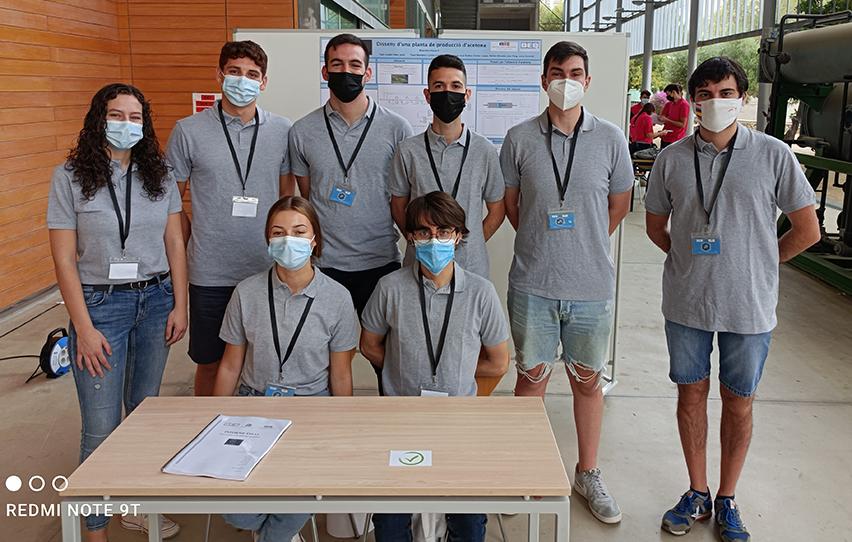
Spain: Messer Award for MBA students
Messer presented an award to the students who completed their Master in Business Administration and Management (MBA) at Rovira i Virgili University with the best academic performance of 2021. Presented for the ninth time, the individual award went to Xavier Carbonell Maté, Regional Mechanical Engineering Manager EU at Lear Corporation. The best project team was also recognized.
Spain: Grant for radiosurgery
Messer in Spain awarded a grant for clinical research in radiosurgery to Dr. Silvia Tuna, radiation oncology specialist. It enables her to participate in a clinical research project in the field of cerebral and extracerebral radiosurgery in the Department of Oncology and Radiotherapy at the Vithas Consuelo Hospital in Valencia. Messer has been working together with the Vithas Foundation for 12 years. Vithas is one of the largest private hospitals in Spain.
Colombia: Laptops for remote learning
Messer in Colombia donated laptops to six healthcare workers from its own organization, whose families previously had no computers of their own. The devices were provided to children who received online classroom instruction due to the pandemic.
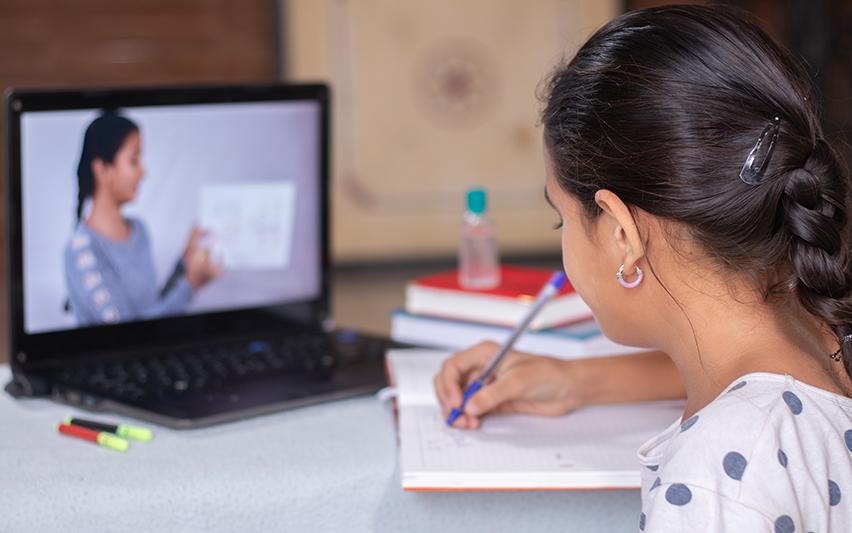
Hungary: Support for three relief efforts
Messer in Hungary supported three relief efforts: One donation went to an organization that is helping a child who suffers from leukemia and whose family needs financial support. A local animal rescue station and an institution that promotes better education for children from the poorer regions of the country were also supported.
Spain: Computers donated
Messer donated eleven computers to the Red Cross of Tarragona. They will be distributed to the regional offices of the aid organization in support of training courses. This initiative seeks to narrow the digital gap for socially disadvantaged communities. Secondhand computers were also provided to the neighborhood association of the La Floresta district. It organizes refresher courses and computer training especially for middle-aged people to help them search for employment.

